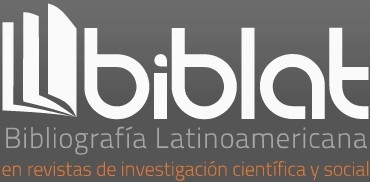From the soldiers of Year II to the soldiers of Year XV: an argumentative analysis of the word war
DOI:
https://doi.org/10.35494/topsem.2016.1.35.429Keywords:
war, poetry, lexical items,Abstract
What can text analysis expect from analysis of words? Obviously,
texts are made up of words, hence establishing the meaning of
the words that compose them helps text interpretation. But how
could one imagine to describe every word of a text? The argumentative
analysis presented here proposes to limit the description
to certain words: not to the most frequent ones but to those
which meaning structures the text (according to the interpreter).
Given that words are associated by the Semantic Blocks Theory
to argumentative schemes, it is possible to show how the text is
organized following those schemes, realizing them, adding other
schemes, and, finally, forgetting some others.
Downloads
References
ARAGON, L. ([1963] 2002). Le fou d’Elsa. París: Gallimard.
BALLY, Ch. ([1944] 1965). Linguistique générale et linguistique française. Francke et Verlag : Berna.
CAMPA, L. (2011). Poètes de la Grande Guerre. Expérience combattante et activité poétique. París : Classiques Garnier.
CORNULIER, B. (1995). Art Poétique. Notions et problèmes de métrique. Lyon : Presses Universitaires de Lyon.
DUCROT, O. (1995). « Les modificateurs déréalisants », Journal of Pragmatics. Vol 24. Núm. 1-2, pp. 145-165.
CADIOT, P. et Fr. Nemo (1997). « Pour une sémiogénèse du nom ». Langue Française. Núm. 113, pp. 24-34.
HUGO, V. ([1853] 1999). Les Châtiments. París : Flammarion.
LARRÉGUY, M. (1926). La Muse de Sang. París : Librairie du Travail.
LESCANO, A. (2009). « Pour une étude du ton ». Langue française. Núm. 164, pp. 45-60.
SCHULZ, P. (2004). Description critique du concept traditionnel de « métaphore ». Peter Lang : Berna.
Downloads
Published
How to Cite
Issue
Section
License

Tópicos del Seminario is licensed under a Creative Commons Reconocimiento-NoComercial-CompartirIgual 4.0 Internacional License.














